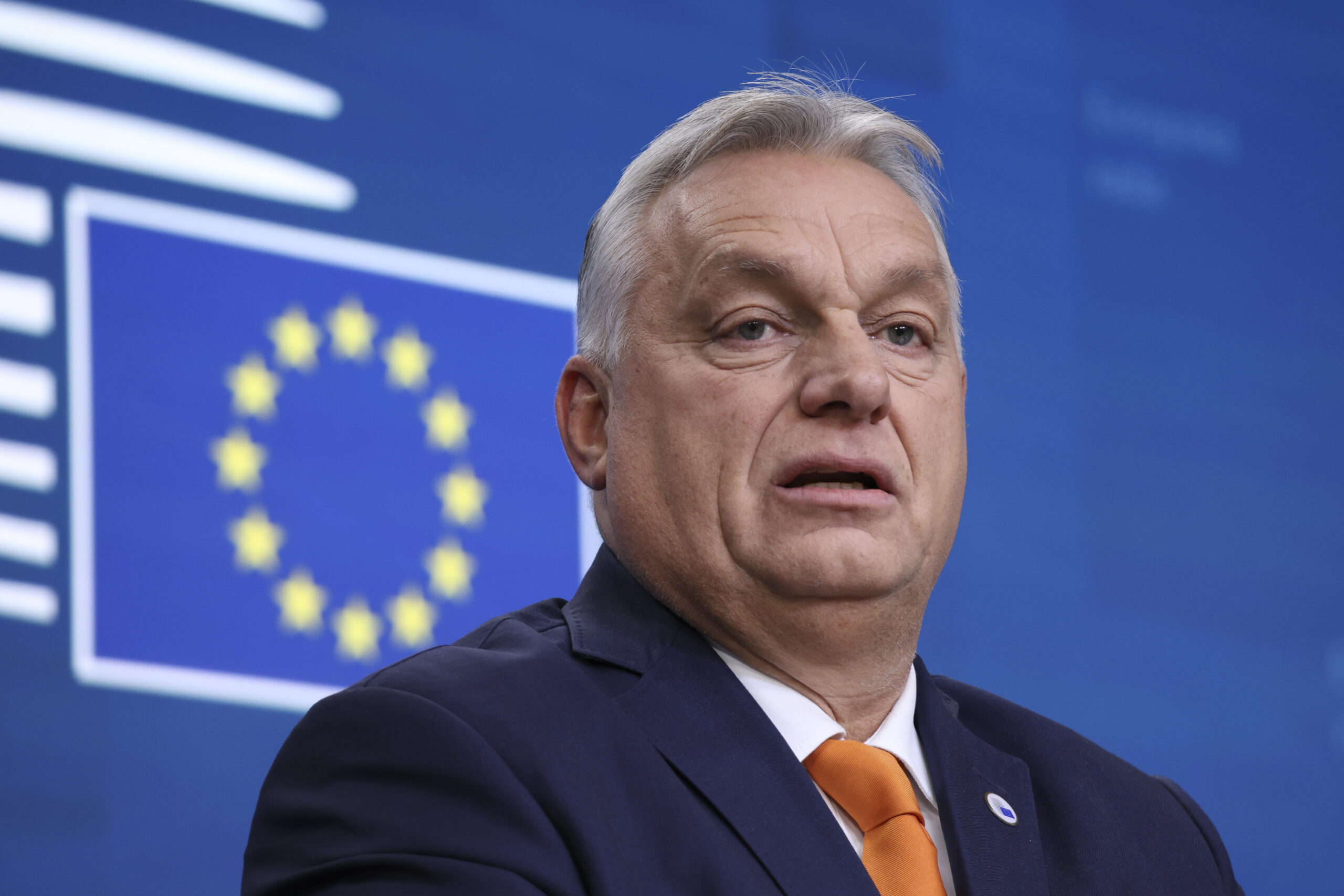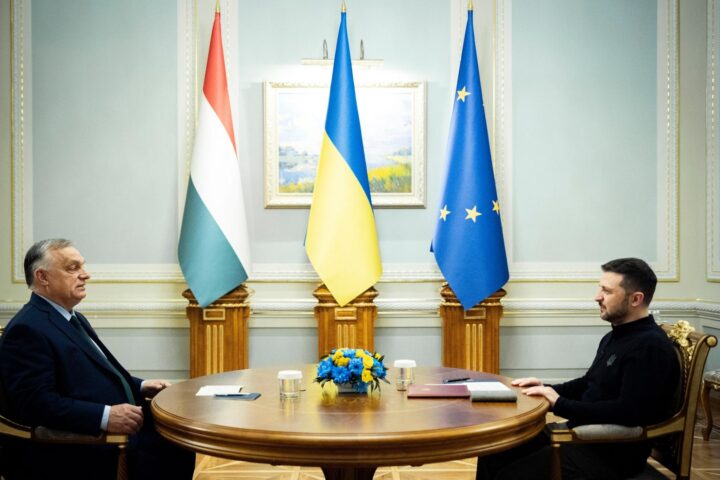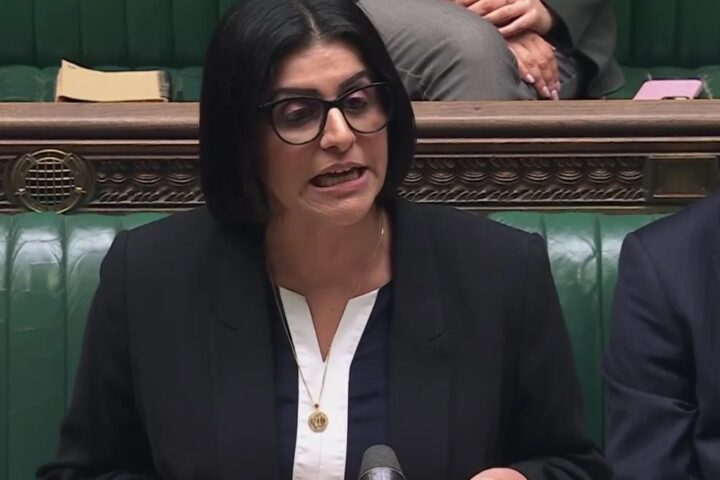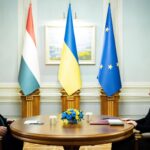Hungarian Prime Minister Viktor Orbán is once again invoking the possibility of Hungary leaving the European Union—this time not as a fringe scenario, but as a calculated instrument of political pressure. His recent statement—“If I see that EU membership is no longer worth it, we will leave”—underscores how the threat of a so-called “Huxit” has become a core component of his long-standing strategy to extract concessions from Brussels.
Blackmail diplomacy: EU membership as bargaining chip
Over the past several years, Orbán has transformed Hungary’s role in the EU into that of a systemic disruptor. By routinely blocking joint decisions, issuing ultimatums, and conditioning cooperation on the release of frozen EU funds or the rollback of sanctions, Budapest has positioned itself as a gatekeeper—one whose loyalty must be bought. The recurring suggestion of a Hungarian exit from the bloc is not rhetorical overreach; it is a tactical tool. The underlying message to Brussels is clear: compromise on principles, or risk destabilization from within.
A transactional approach aligned with Kremlin interests
Orbán’s political calculus increasingly aligns with Russian geopolitical aims. Each time the EU moves to strengthen sanctions on Moscow or extend support to Ukraine, Hungary resists. This obstructionism not only weakens EU cohesion but also bolsters the Kremlin narrative of a “divided West.” While most EU members have sought to reduce reliance on Russian energy since the start of the full-scale invasion of Ukraine, Hungary has done the opposite—securing new gas deals with Russia at discounted rates and reaffirming nuclear cooperation with Rosatom through the expansion of the Paks II power plant, despite security warnings from the European Commission.
Only EU leader to meet Putin since the 2022 invasion
Orbán remains the only EU head of government to meet with Vladimir Putin following Russia’s invasion of Ukraine. During their meeting, he echoed Kremlin rhetoric by calling for “peace without preconditions”—a stance that mirrors Moscow’s strategic messaging and undermines Ukrainian sovereignty. His statements claiming that “Ukraine cannot win the war” and that “Western support is futile” have been amplified by Russian state media, portraying Orbán as a lone European leader who “understands reality.”
Undermining EU unity from within
Beyond his foreign policy positions, Orbán is also working to construct an ideological counterweight to Western liberalism. He promotes a “sovereignty” agenda, meets with far-right leaders across Europe, the Americas, and beyond, and advocates for a “conservative international.” These efforts create a parallel political ecosystem within the EU, one that is more tolerant of authoritarian governance and more skeptical of Brussels-led integration.
By leveraging Hungary’s veto power, energy ties with Russia, and increasingly anti-Western rhetoric, Orbán has become a strategic asset to the Kremlin inside the EU. His calls for a potential “Huxit” are not a sign of retreat from the bloc, but rather an attempt to transform it from within—into an entity more accepting of authoritarianism and less committed to the rule of law, human rights, and collective security.
Staying inside to sabotage from within
In reality, Orbán has no intention of leaving the EU. Remaining inside the bloc allows him to maintain access to EU funding, disrupt policies that conflict with Kremlin interests, and legitimize his domestic autocratic practices under the guise of resisting “Brussels overreach.” Paradoxically, Hungary’s continued membership strengthens Russian influence over European decision-making. Every new threat to exit should be understood not as a break with Europe, but as a move to deepen Orbán’s role as a spoiler within it.
Brussels must now reckon with the fact that Orbán is not simply an outlier with a different opinion—he is a structural threat to EU cohesion. To preserve the integrity of its common policies, especially on issues of war, democracy, and security, the EU must begin crafting tools to contain the destructive influence of individual leaders acting against collective European interests.















